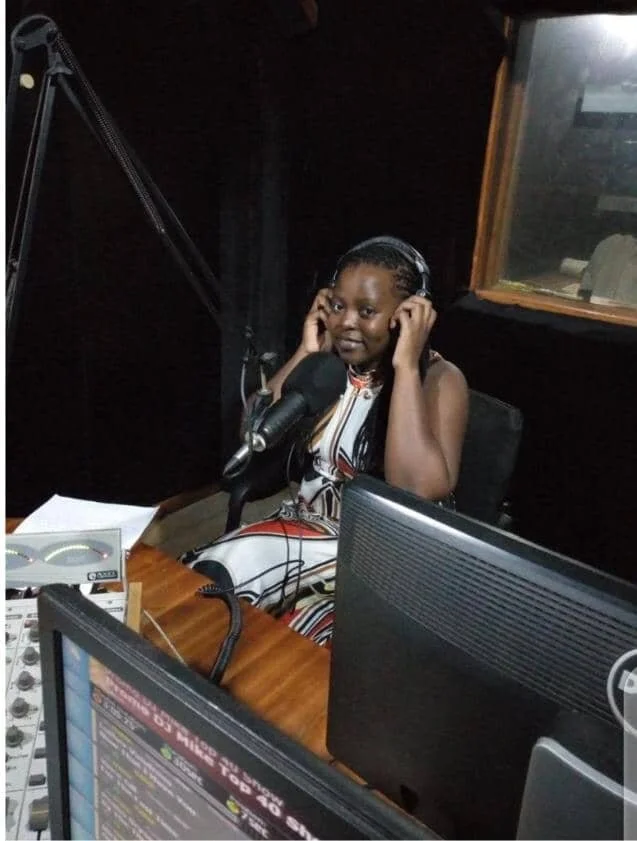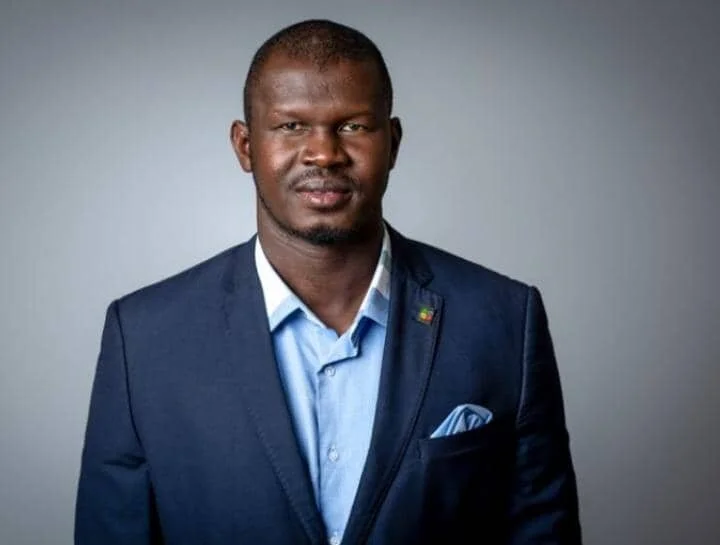“In my four years of clinical practice, I witnessed how much misinformation resulted in serious health problems for the public,” Brenda says. “Health education matters a lot in Uganda because the prevalence of infectious and non-communicable diseases is still very high.”Indeed, the prevalence of non-communicable diseases such as cardiovascular disease, chronic respiratory disease and cancer has increased rapidly in years past, accounting for 35 percent of the country’s deaths in 2014, according to the World Health Organization.
Debunking COVID-19 Myths Starts With You
Today Moussa’s work with the Accountability Lab focuses squarely on countering misinformation surrounding the COVID-19 pandemic, namely myths about the new coronavirus’s origin and transmission. Some people think Africans are immune to the virus or that it doesn’t spread in warm weather,” Moussa says. He’s making a concerted effort to counter these and other COVID-19 myths. As Moussa sees it, changing minds in Mali hinges on access to reliable information from medical experts.
Is Chinese Owned Media Producing Misinformation Around Covid-19 Narratives In Africa?
By Sara Kaso
In the last 20 years, China has massively increased its presence in African States on the economic- political field by investing in infrastructure and the logistic system with the purpose of building huge commercial and military poles. Notwithstanding, China has cautiously invested also in state- owned media agencies, TV Channels( CCTV Africa) , Radio ( China Radio International) broadcasting and journals (China daily) in Africa ( Greenslade, 2015).




